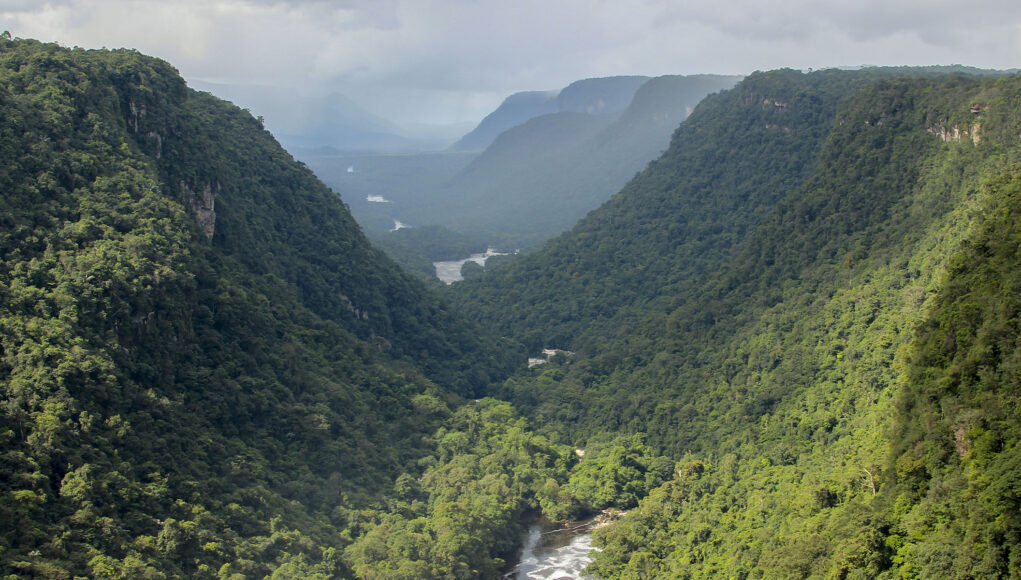Eight Amazon countries, including Guyana, recently signed the Belém Declaration to ensure there is further protection and preservation of the amazon forests. This significant document unites eight signatory nations under the Amazon Cooperation Treaty (ACTO) and emphasizes their collective goals for the region.
During the Amazon Summit’s opening day, the declaration was signed by Guyana, Brazil, Bolivia, Colombia, Ecuador, Peru, Suriname, and Venezuela. It reflects input from civil society were highlighted at the Sustainable Development of the Amazon Seminar in Brasília and contributions from government agencies.
With 113 objectives and principles, the Belém Declaration outlines commitments made by the signing countries. ACTO will play a central role in implementing this new cooperative agenda for the Amazon.
Notably, the Brazilian government, as the Summit’s host, initiated the draft, which was subsequently refined by Guyana and the other participating nations.
The declaration encompasses various commitments, including safeguarding human rights, supporting indigenous populations and local communities, promoting gender parity, and combating discrimination through an intercultural approach. It also underscores the urgency of regional cooperation to prevent the Amazon from reaching a “point of no return” due to deforestation, degradation, and global warming.
The presidents of the eight nations have also committed to forming the Amazon Alliance to Combat Deforestation, with a goal of achieving zero deforestation by 2030.
The Belém Declaration introduces plans for financial mechanisms to promote sustainable development, highlighting the Green Coalition that unites development banks in the region.
Brazil will lead the creation of the Center for International Police Cooperation in its capital city, Manaus to enhance collaboration among police forces across the eight nations. Additionally, an Integrated Air Traffic Control System aims to tackle illicit air traffic, drug trafficking, and criminal activities prevalent in the region.
New institutions are set to be established within ACTO, including the Amazonian Mechanism of Indigenous Peoples and the Intergovernmental Technical-Scientific Panel of the Amazon, featuring government representatives, researchers, civil society members, as well as indigenous and local communities.
Among other initiatives, an observatory for the status of human rights defenders, the environment, and indigenous peoples will be formed. This entity will identify funding sources and best protective practices. The Observatory for Rural Women in the Amazon seeks to empower rural women, and entities like the Forum of Amazonian Cities, Amazonian Innovation and Technological Diffusion Network, and Network of Water Authorities are aimed at sustainable regional development and improved transnational water resource management.
It must be noted that Guyana is one of the most heavily forested countries in South America with approximately 87 percent being covered in forest.













